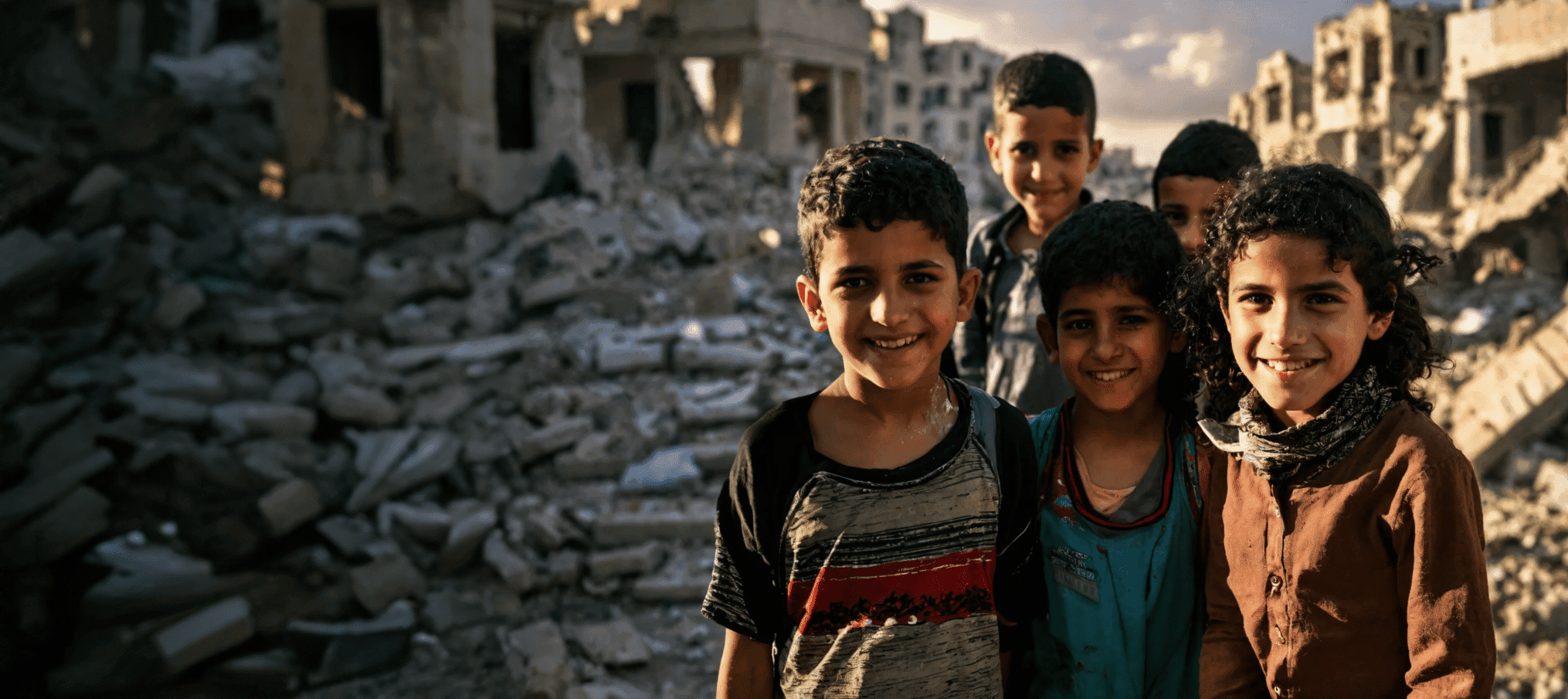Issa and Nahla, an elderly couple who share their home with the youngest of their five children, Feras, live in an apartment just a few steps from the Church of the Holy Sepulchre in Jerusalem. Feras lost a leg in an accident and is no longer able to work. As a result the famous faces serious economic problems, and the apartment in which they are living is in very poor condition. The apartment needs to be renovated, especially with regard to the walls which are subject to infiltration of moisture from the outside, posing a health risk for Issa, Nahla and Feras.
The story of this family is just one among those of the Christian community living in the Old City of Jerusalem, who continue to live in situations of serious hardship, notably due to the high density of population, the lack of maintenance of common facilities and the absence of basic sanitary and health services. Numerous groups and nuclear families are currently living in a state of severe neglect and poverty, and such unfavorable conditions also lead to situations of social instability, increasing the risks linked to consumption and trafficking of drugs and organized crime, above all for the youngest and most vulnerable.
Through the project “Jerusalem, Stones of Memory”, ATS pro Terra Sancta is seeking to respond to the concrete needs of numerous families for decent housing in their own land, representing a very real humanitarian and housing emergency. The goal is also to provide, at the same time, an improved appearance to this city which is considered by all to be the center of the world.
Some concrete examples of the costs required for carrying out the interventions, always keeping in mind that each individual project has its own particular features and specific construction and logistical requirements: €6 for a sack of cement; €40 for a faucet for a sink; €50 for one worker for one day; €60 for 10m2 of tile; €270/m2 for renovations in structures of relatively recent construction (reinforced concrete and cinder blocks); €370/m2 for renovations in older structures (in stone with vaulted roofs); and €2,500 for renovating the sanitary installations in an apartment.
The project will also permit a steadily increasing participation by the local population, notably in terms of training local workers under the coordination of the Custody of the Holy Land's Technical Office. Technicians will in fact work side by side with experts, with the aim of both creating short-term employment and investing in the future: the training of new specialized workers will lead to the creation of a veritable wealth of experience and knowledge that can be reutilized in future projects.


















